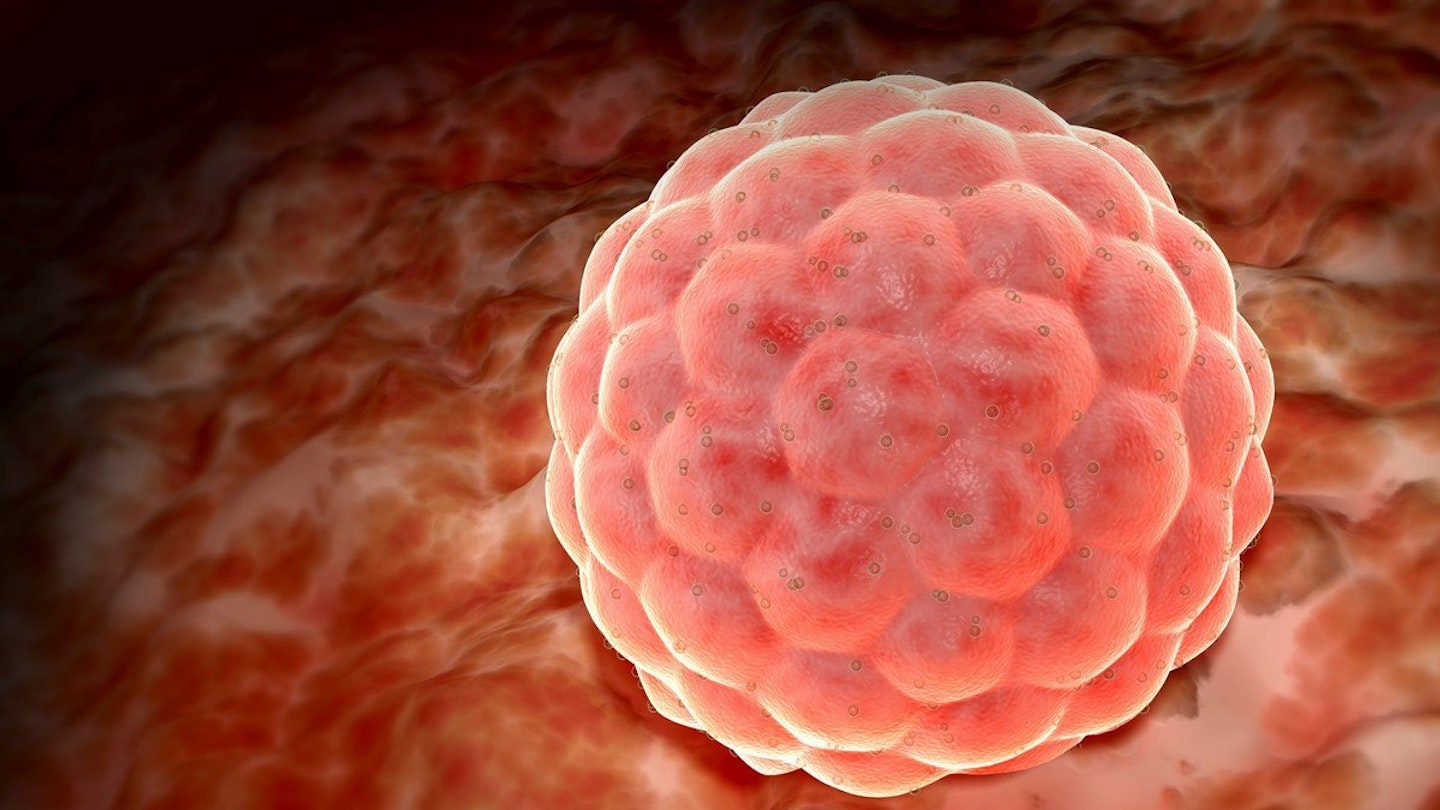At four weeks pregnant, you might start to notice some symptoms. Welcome to the beginning of the embryo stage.
It’s now [implantation time]{href='https://www.motherandbaby.com/pregnancy-and-birth/the-difference-between-implantation-bleeding-and-a-period' } – the blastocyst will begin burrowing into your uterine lining, before splitting to form the placenta and the embryo.
How big is my baby at four weeks pregnant?
Your baby is still way too teeny to be seen or called a foetus yet and is no longer than 1mm - about the size of a poppy seed.
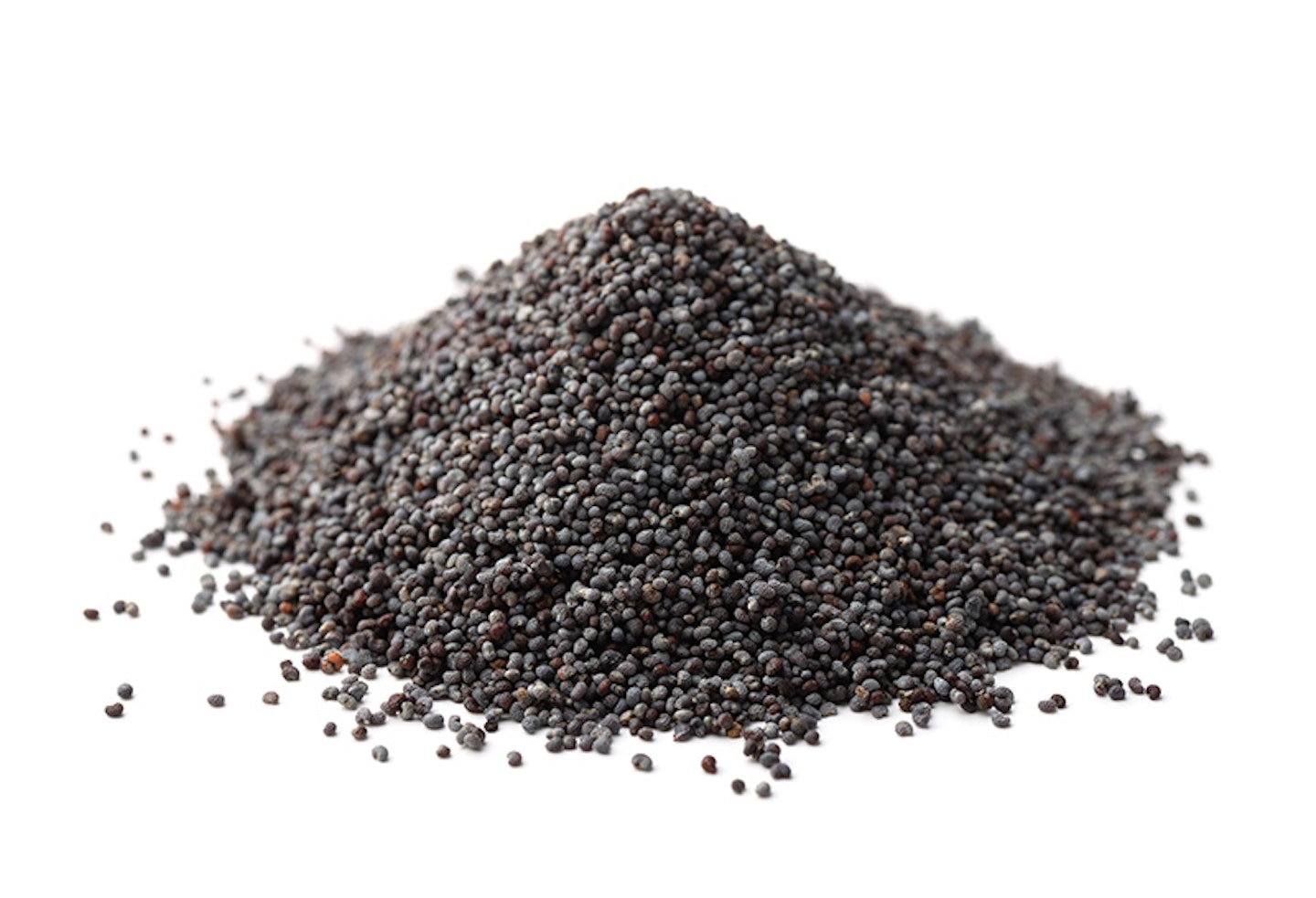
Common symptoms to look out for
 1 of 7
1 of 71) Fatigue
One of the most common symptoms at four weeks is fatigueand exhaustion. Your body is growing the baby which takes up your energy.
 2 of 7
2 of 72) Mild cramping
Cramping at four weeks is perfectly normal as it means the baby has been implanted properly on the wall of your uterus.
However, if the cramping is severe you should contact your doctor and undergo an examination.
 3 of 7
3 of 73) Mood swings
If you are crying at the TV and shouting at inanimate objects, this is totally normal.
The changes in your hormones means that it can send your mood all over the place. You may simply be stressed about the whole process of trying to conceive.
However, pregnancy mood swings are likely to be worse further down the line (12 weeks) until they start to level out.
 4 of 7
4 of 74) Sore breasts
Hormone surges (hormones, every time!) mean that your breasts are swollen and might betender or sore.
 5 of 7
5 of 75) Bloating
The hormone progesterone may lead to you feeling a little fluffy around the edges.
Make sure to wear comfortable trousers as tight clothing can exacerbate this. Drink a soothing peppermint tea or pop a hot water bottle on your stomach.
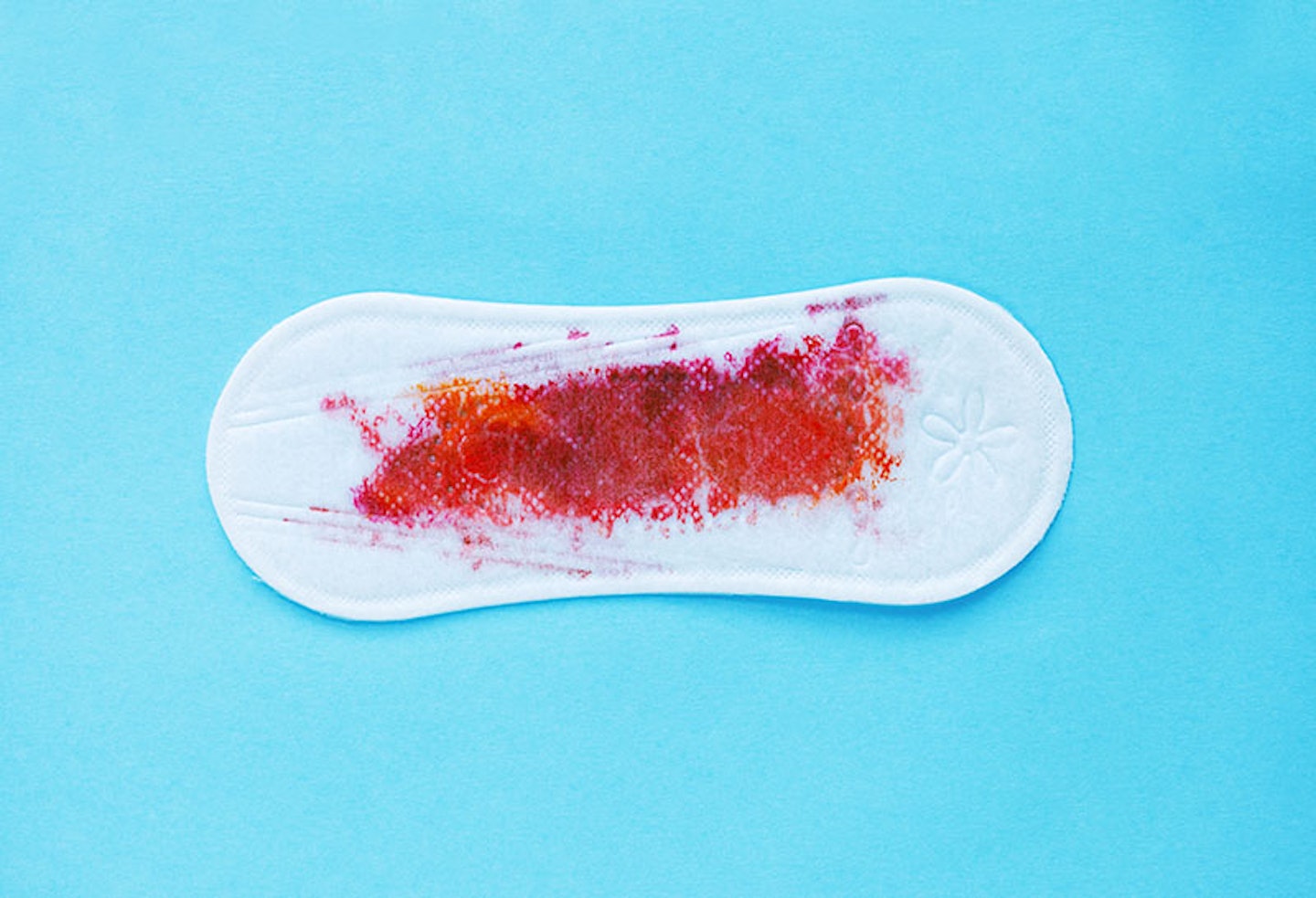 6 of 7
6 of 76) Implantation bleeding
If this hasn't already occured, if you find you’re having a really light period a week before you’re due or spotting slightly, this could be an implantation bleed.
Only a small percentage of women experience an implantation bleed, so do not worry either way.
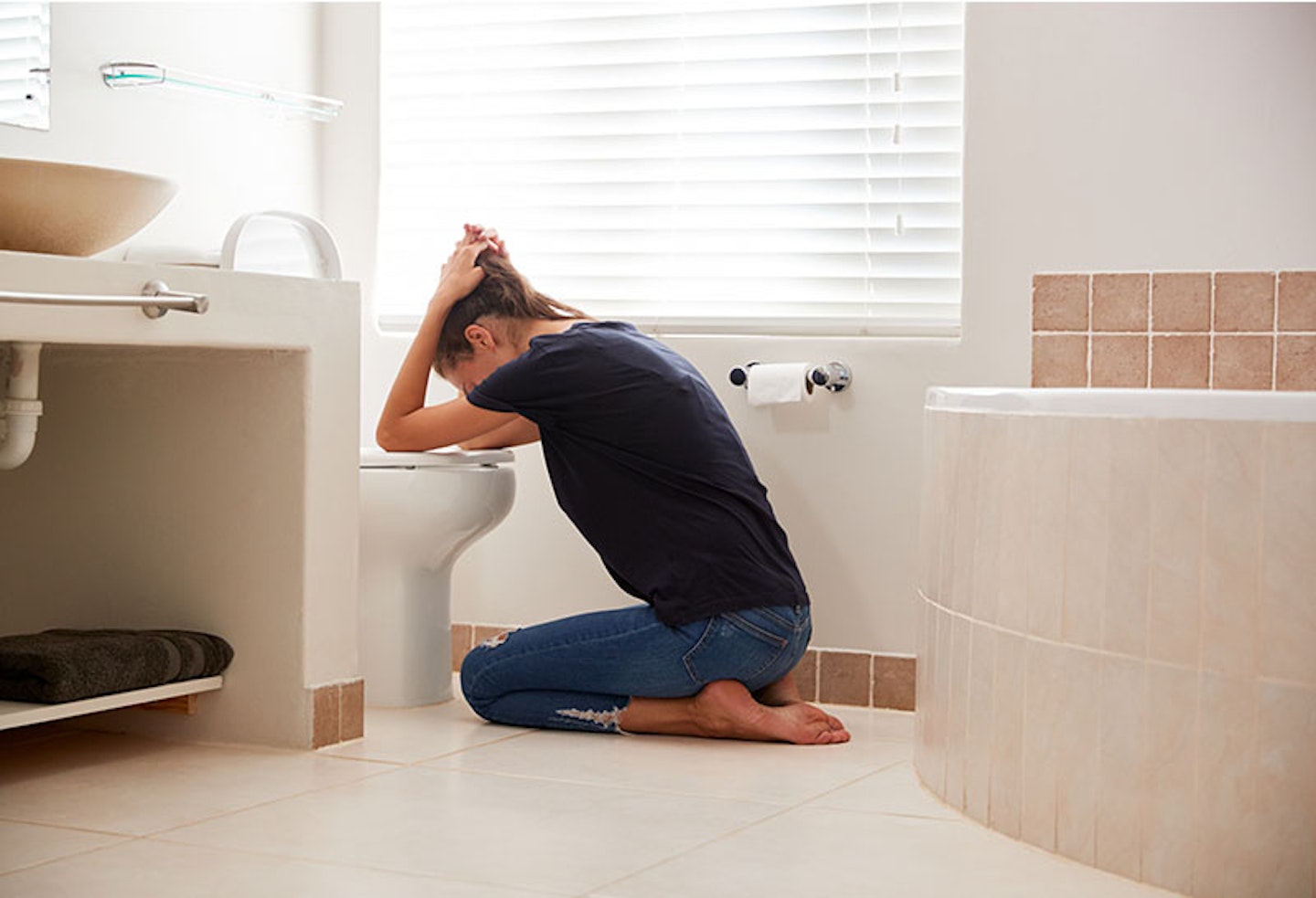 7 of 7
7 of 77) Morning sickness
It may be time to experience the thing about pregnancy that you've feared the most. Morning sickness.
50-90% of women suffer with nausea and vomiting during pregnancy and it is unlikely you will avoid it altogether. It is often worse at around nine weeks and during the second trimester it starts to ease off.
What’s my baby doing at four weeks?
Your soon-to-be-baby has found its new home, where it will now grow for the next eight months.
It’s completed the journey from the fallopian tube to your uterus and has inserted itself into the lining of your womb.
Some women swear they can feel this happening, and report a cramping style sensation, whereas others say they had light spotting.

As soon as that precious ball of cells has settled into its new home, it will begin splitting in two.
One half is now called the embryo and will become your baby, the other half will become the placenta, which will act as your growing baby’s lifeline for the next eight months.
This week, the amniotic sac will form around it and there are three distinct layers of cells that will grow into different parts of your baby’s body.
Your embryo might be tiny, but it’s busy! This week, the amniotic sac will form around it and there are three distinct layers of cells that will grow into different parts of your baby’s body.
The endoderm is the inner layer – think the digestive system, liver, and lungs.
The mesoderm is the middle layer and will become your baby’s heart, sex organs, bones, kidneys and muscles. And the ectoderm is the outer layer – this will form your baby’s skin, hair, and eyes.
What's happening in my body?
If you took a blood pregnancy test around this week it would be positive (for a urine pregnancy test, it might be a few days too soon).
That said, your body knows it is pregnant and is getting ready, big time!
Some women will be completely oblivious to their growing baby at this stage, others will experience some early pregnancy symptoms such as mood swings, bloating and cramping.
As the blastocyst begins to attach to your womb, around 30% of women might experience some implantation bleeding.
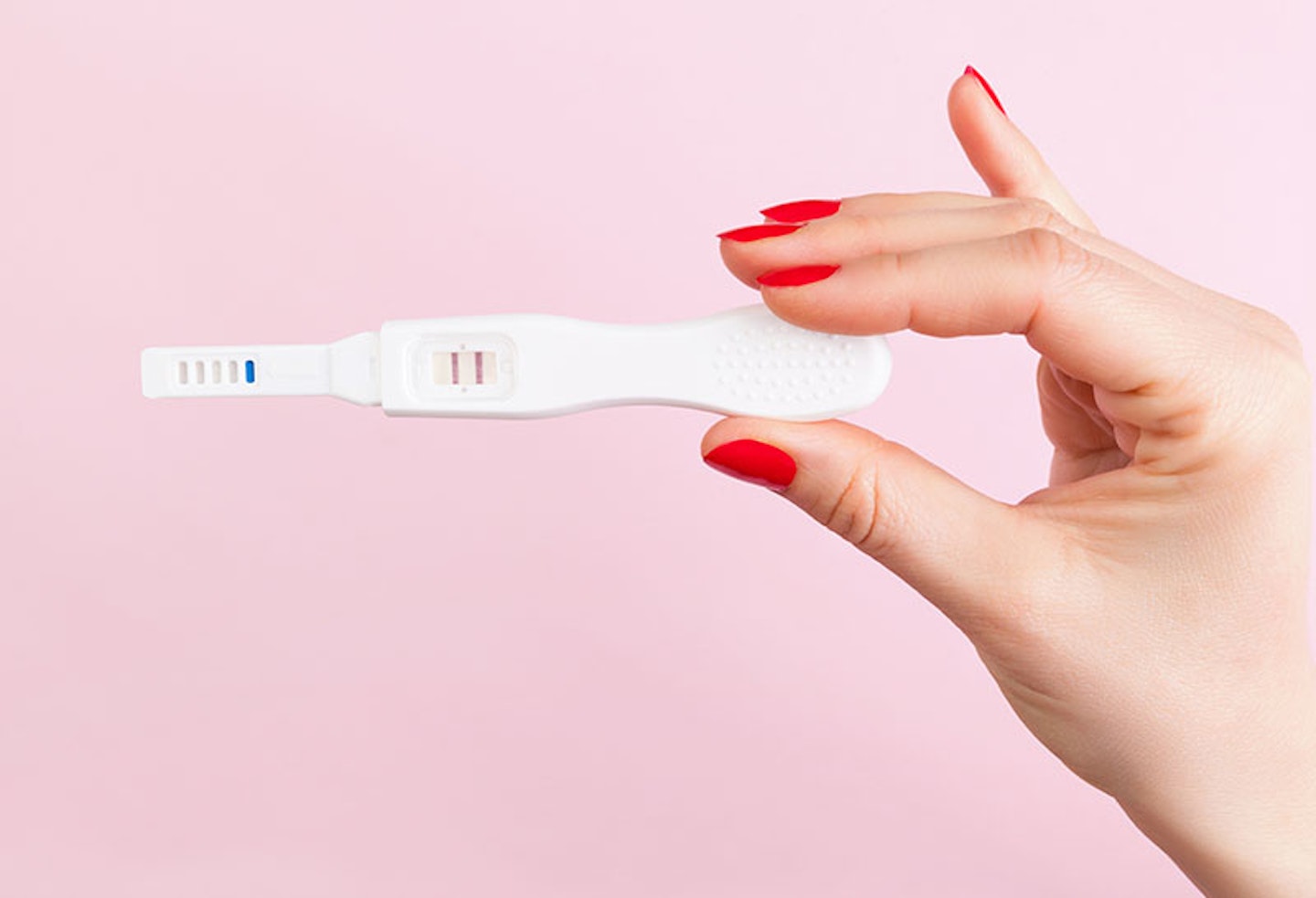
Midwife Lesley Gilchrist explains, "it’s extremely easy to mistake implantation bleeding for an early period as many of the pre-menstrual symptoms, such as cramps, bloating and mood changes are present with pregnancy too.
"The difference with a period and an implantation bleed is the length of the bleeding, the colour of the blood loss and the heaviness of the blood flow.
"Implantation bleeding is not a sign that there is anything wrong with the pregnancy and there are no links to implantation bleeding and miscarriage."
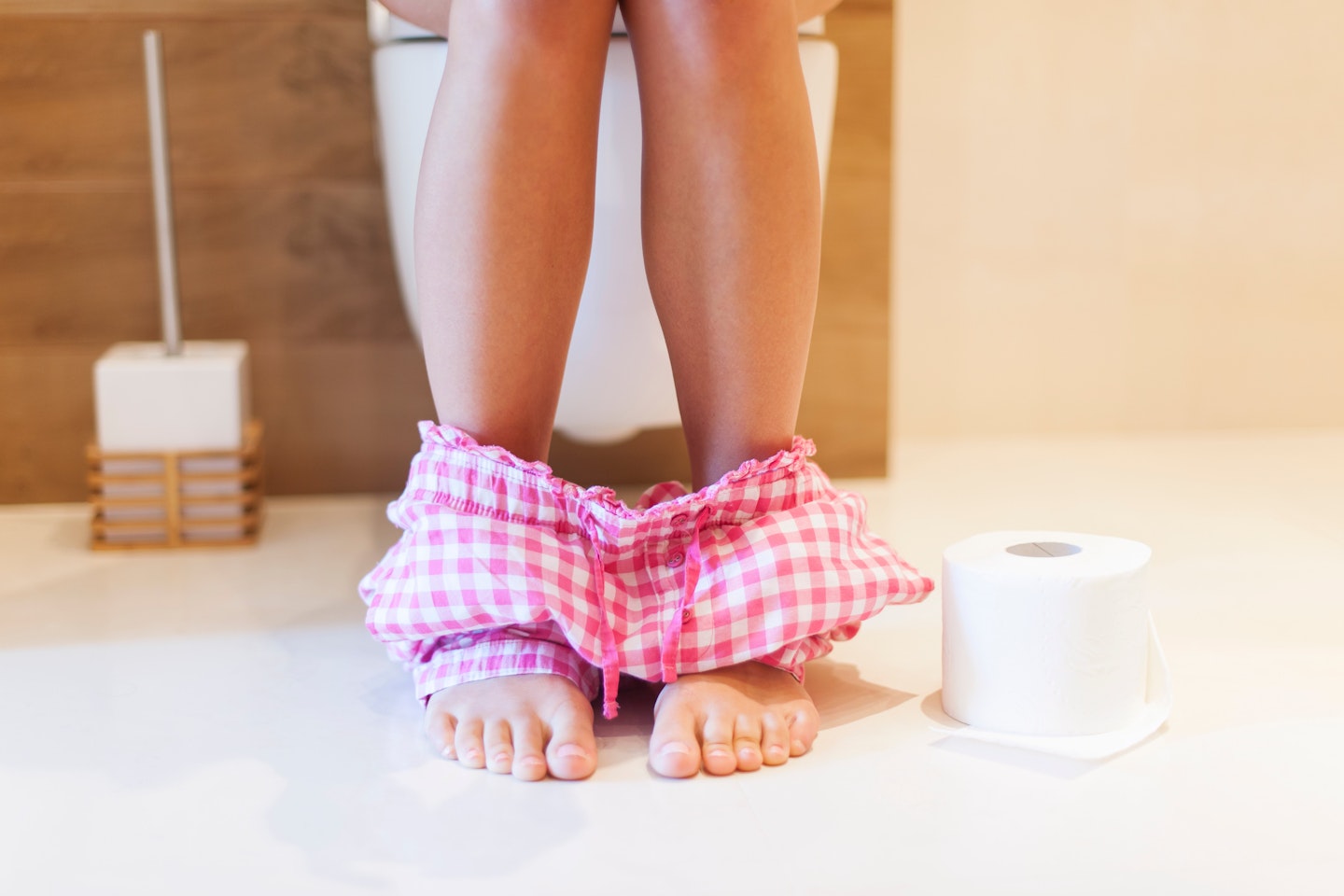
Within six to twelve days after fertilisation, your body starts releasing hCG – human chorionic gonadotropin.
This is the pregnancy hormone that makes that extra line appear on your pregnancy test.
Whilst we’re talking about pregnancy tests, it’s important to note, it can take over a week for your body to start producing enough pregnancy hormones to be detected.
If you’ve missed a period and had a negative test, it’s worth doing another one in a week’s time.
The best early pregnancy tests to buy:
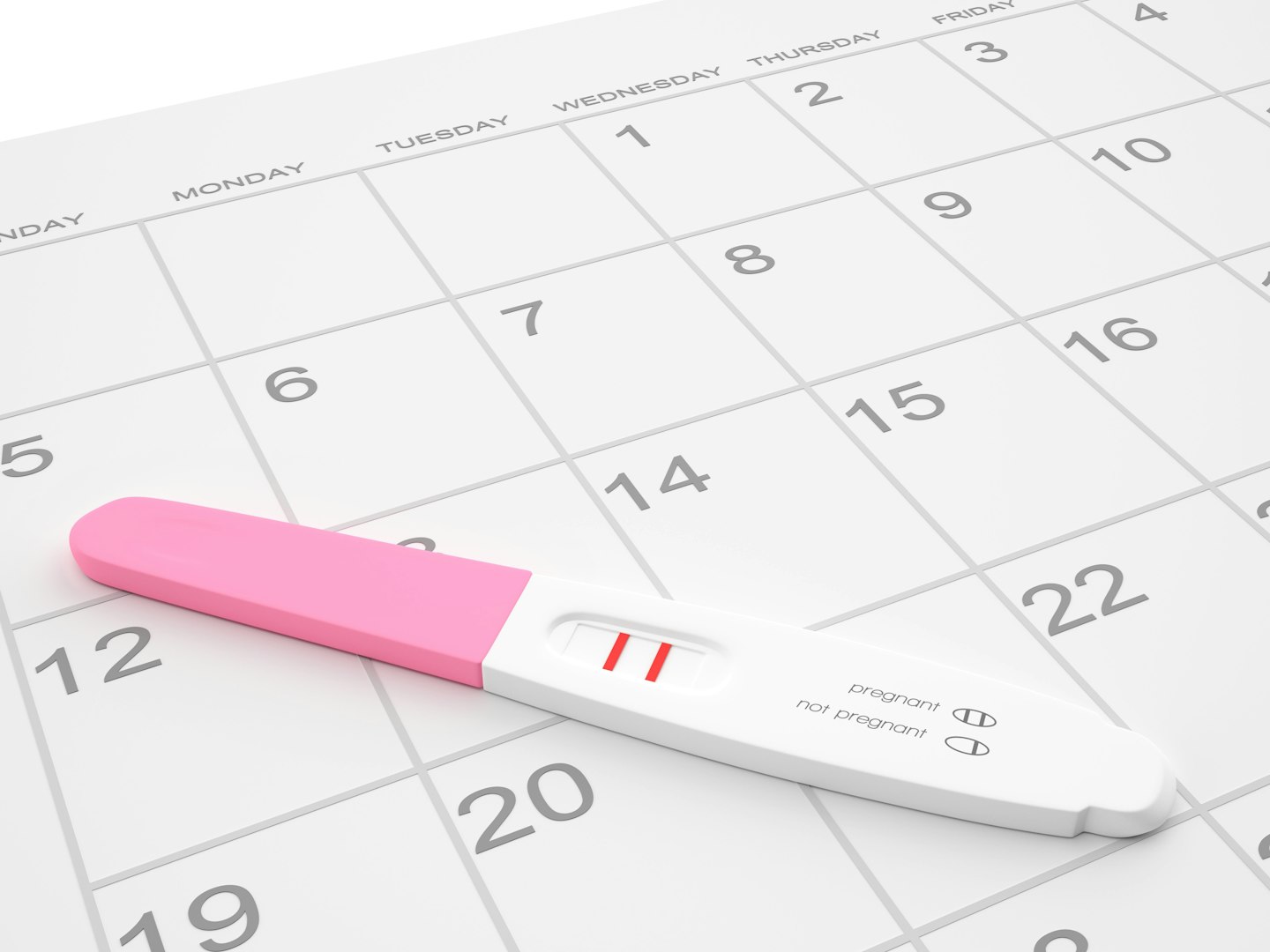
Giving you results six days before your missed period (this is the day after you expect your period), Clearblue promise over 99% accurate results.
With this test, two lines mean you’re pregnant, one line means you’re not. The results are ready in three minutes.
First Response – Early Result Pregnancy Test, £9.22, Amazon:
Fast results in three minutes, this at home early pregnancy test is a best seller and is sensitive enough to detect small amounts of pregnancy hormone.
With a 64% accuracy five days before your period is due, the Boots Pharmaceuticals Pregnancy Test gets more accurate the closer you get to the day your period is due.
We may earn a commission for purchases made through our links.
What to do now...

Follow a healthy lifestyle:
The best thing you can do for your body and your baby is to follow a healthy lifestyle.
A balanced diet with a variety of foods, full of vegetables and fruit. You should aim to drink 8 glasses of water too.
Ask your doctor about a scan:
When you know you're pregnant you should go and talk to a doctor at a clinic.
This will be a chance for them to confirm your pregnancy and schedule an ultrasound scan.
Did you notice any of these changes at four weeks pregnant? Let us know on Facebook or Twitter!
